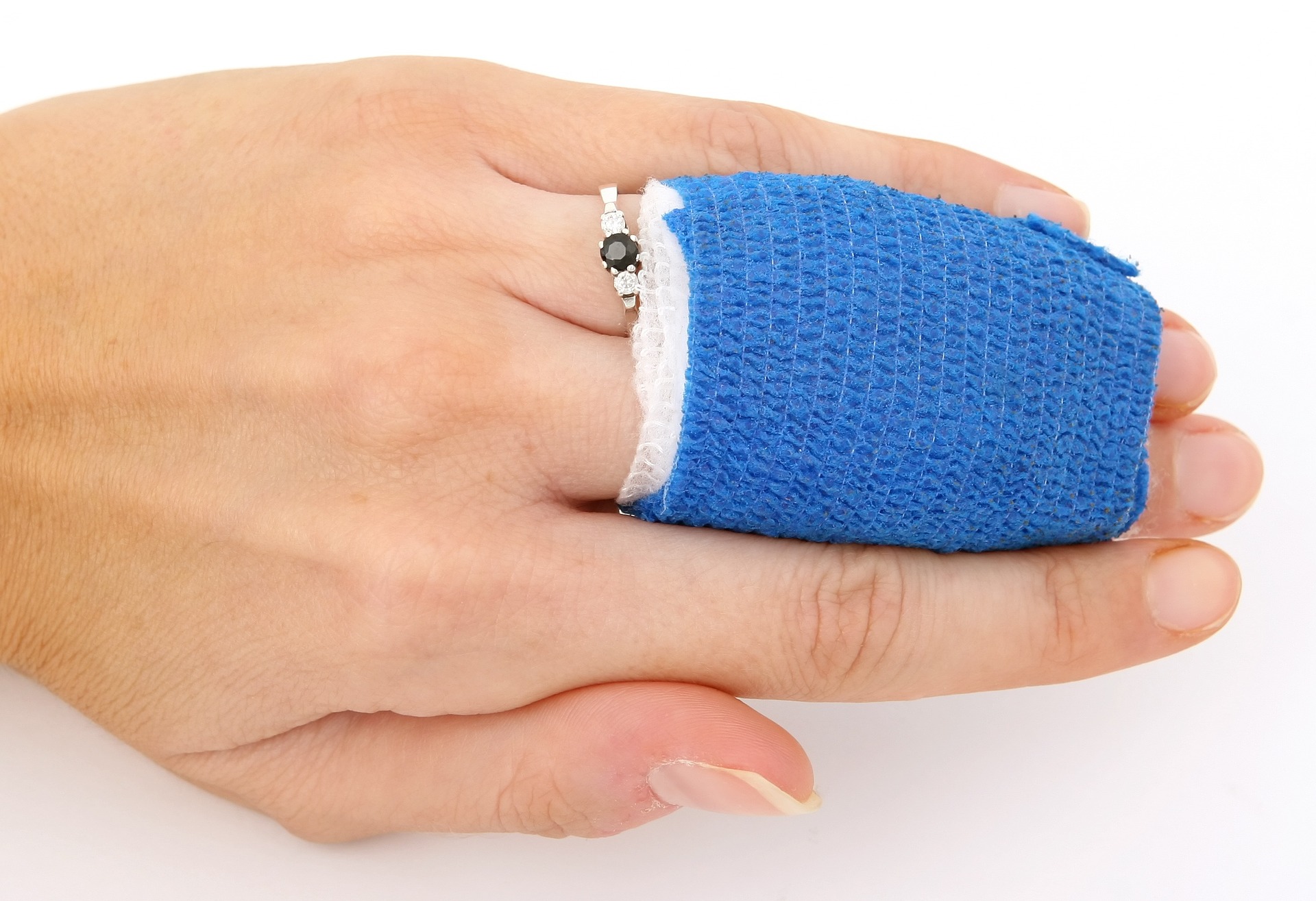Sacramento Finger Surgery Lawyer
Sacramento Finger Surgery Lawyer

Many people overlook the fingers when it comes to injuries; however, fingers are some of the most commonly injured bones in the body. Furthermore, these important bones can be injured in any number of different types of accidents. Sometimes, these injuries require surgery to be corrected.
If you or a loved one has suffered a serious finger injury in an accident as a result of another person’s negligence, you may have the right to pursue legal actions against the at-fault party. Call our injury lawyers at (916) 921-6400 for a free consultation.
Why is Finger Surgery Needed?There are several reasons why someone might require surgery to repair a finger. A bone fracture or damage to the nerves in the area is a common reason for surgery. These injuries can result from anything ranging from an auto accident to a slip and fall injury where the injured party sustains trauma to the area. The decision regarding whether or not a patient will need surgery for their fingers is going to be based on a combination of clinical findings (such as the patient’s symptoms) and the results that are seen on imaging scans, such as an x-ray or an MRI. The decision will always be made following a discussion with the patient and other physicians. If a patient does require surgery, the surgeon will explain the risks and benefits of the procedure before moving forward.
Finger Surgery: Patient ExpectationsA patient who is getting ready for finger or hand surgery should be aware of the basics of this procedure. When the patient arrives, the surgical site will have to be numbed. This could require either local anesthesia (to numb the skin) or general anesthesia (where the patient will be put to sleep). This decision will be based on the severity of the injury and the presence or absence of injuries to ancillary structures. The time of the operation will vary based on the severity of the injury. The surgeon will take every precaution to ensure that the field is sterile to prevent infection and that other structures aren’t injured during the surgery. Patients should expect their fingers to be immobilized when they wake up after the surgical procedure.
Recovering After Finger SurgeryWhen finger surgery has been finished, the patient will be wheeled into the recovery room where they will be allowed to wake up. As the anesthesia starts to wear off, patients may feel some pain at the surgical location. This finger surgery pain should be temporary and most likely not become chronic. It is possible that patients could require some brief, short-acting opioid medications to control the pain at first. Over time, this should be transitioned to lower-strength anti-inflammatory medications. Patients will need to follow-up with their surgeon to ensure that the swelling is going down and that the surgical site is remaining clean. The surgeon may need to remove some stitches as well. Patients could require some physical therapy to restore strength and range of motion after their finger surgery. The length of this recovery process will vary based on the severity of the injury and the number of fingers that have been repaired. With time, most patients should make a full recovery and have complete use of their fingers again.
Complications of Finger SurgeryMost people understand that every surgical procedure has risks, even some of the least invasive procedures. When patients undergo general anesthesia, it is possible for the patient to have an allergic reaction to the medications. Patients who have a history of allergic reactions or whose family members have had adverse reactions to anesthesia are at greater risk. Surgical procedures also have the risk of blood loss. If a patient loses too much blood, they could need a blood transfusion. With a surgical procedure on a finger, it is unlikely that the patient will lose that much blood; however, it is always a possibility. There are several nerves that run through the fingers that could also be damaged during a surgical procedure. This might lead to a decrease in the sensory or motor function of a patient. Finally, every patient should be aware of the risk of an infection with a surgical procedure. When the skin is opened to repair the tissue, bacteria could get in and cause an infection that might require antibiotic treatment.
The Finances of Finger SurgeryIt’s no secret that surgery can be a very expensive venture. Between the costs of the operating room time, the equipment, and the anesthesia expenses, the total price can mount quickly. While many people think that their health insurance will cover their surgical expenses, there are a few overlooked pieces of information that everyone should take into consideration. First, keep in mind that most insurance plans have a sizable deductible that can place family members under a significant amount of stress. Next, many health insurance plans have lifetime limits. If these have been reached, the family is on the hook for the rest. Finally, don’t forget that most patients will have to follow-up with numerous specialists and could require physical therapy. Some insurance plans won’t pay for this. When families are placed in this predicament, they should remember that legal avenues exist that could take some of this financial stress off of their shoulders.
Sacramento Finger Surgery LawyerI’m Ed Smith, a Sacramento personal injury lawyer. Fingers are complicated structures with numerous small bones that could be injured and require surgery. If you or someone you care about is facing finger surgery due to a car accident, please call me at 916.921.6400 or 800.404.5400 for friendly, free advice.
We are members of the Million Dollar Advocates Forum and the National Association of Distinguished Counsel.
See our client ratings on Avvo, Google, and Yelp, and our past cases on our Verdicts and Settlements page.
Editor’s Note: This page has been updated for accuracy and relevancy [cha 2.25.21]
Image by Shutterbug75 from Pixabay
:dr bw [cs 1024]